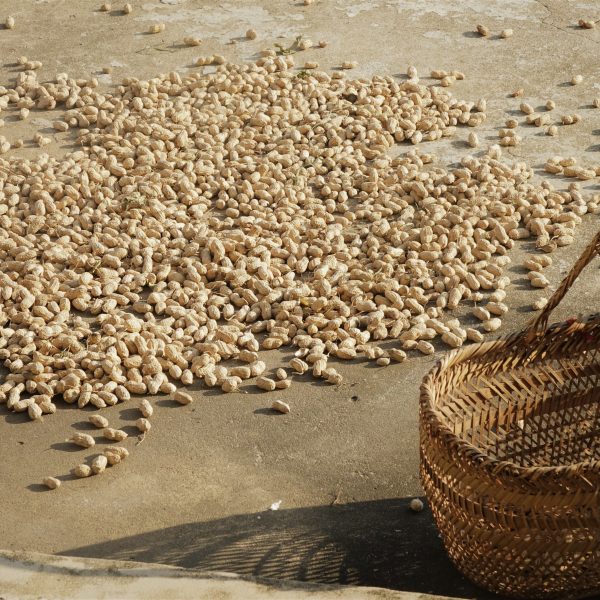Services reminded to be vigilant about children’s allergies after mistaken bottles given

The South Australian Regulatory Authority (RA) has reminded early childhood education and care (ECEC) providers in the state to be vigilant when it comes to ensuring that the right food and drinks are given to children in line with their dietary and health needs after several young children at services were recently given bottles that did not belong to them.
This need for vigilance, the RA said, is covered in the Education and Care Services National Regulations, regs 78 and 79.
As well as children being exposed to formula, cow’s milk or breastmilk not intended for them in the bottles mix up, there have been recent “concerning incidents” where children have been given:
- food prepared for them containing an ingredient they are known to be allergic to
- another child’s food bowl containing an allergen
- access to food that contravenes the child’s dietary/health requirements.
“Food allergies and intolerances can be detrimental and dangerous to some children’s health and wellbeing,” the RA noted. Adverse food reactions can be a food allergy (primarily involving the immune system) or food intolerance (usually not involving the immune system – but the digestive system).
With food allergies affecting around one in 20 children in Australia, ECEC services are almost certain to encounter the challenges of maintaining food safe practices, making the warning especially timely.
Allergic reactions can be mild to moderate: swelling of face, lips and/or eyes, hives or welts on the skin, stomach/abdominal pain and vomiting. Or they can also be severe: anaphylaxis, which affects breathing and the heart. Anaphylaxis can be life threatening.
The effective management of medical conditions is critical and is outlined in Regulation 90. If a child has a health condition or allergy, the service must have a medical management plan, risk-minimisation plan and communication plan for the child.
The RA provided the following key points for safely serving food and drinks:
- Know and follow your service’s policy and procedures.
- Implement the medical management plan, risk-minimisation and communication plan for each child with a medical condition.
- Ensure new staff know and are supported to follow procedures.
- Check ingredient labels carefully.
- Check and double check that children with food allergies or special dietary requirements receive only food and drinks suitable for them.
For more information:
- ‘Three plans for children with health needs’, Education Standards Board website
- ’Childcare resources: Practical strategies for food allergy management in child care’, Allergy & Anaphylaxis Australia
- Types of adverse reactions to food:
- ‘Food intolerance’, Australian Society of Clinical Immunology and Allergy website
- ‘Food allergy or intolerance?’, Allergy & Anaphylaxis Australia website
- ‘Compare the difference’, Allergy & Anaphylaxis Australia website
Popular

Quality
Practice
Provider
Research
Workforce
Honouring the quiet magic of early childhood
2025-07-11 09:15:00
by Fiona Alston

Practice
Provider
Quality
Research
Workforce
New activity booklet supports everyday conversations to keep children safe
2025-07-10 09:00:16
by Fiona Alston

Quality
Practice
Provider
Workforce
Reclaiming Joy: Why connection, curiosity and care still matter in early childhood education
2025-07-09 10:00:07
by Fiona Alston












